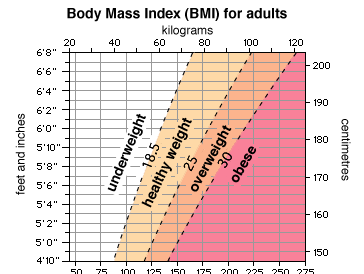When people talk about weight and health, BMI often comes up. But what exactly is BMI, and why does it matter?
What is BMI?
BMI stands for Body Mass Index. It’s a simple calculation that uses your height and weight to estimate whether your body weight is healthy. The formula for BMI is:
BMI = Weight (kg) / Height (m)² for metric units, and BMI = [Weight (lbs) / Height (inches)²] x 703 for imperial units
For example, someone who weighs 70 kg and is 1.75 meters tall has a BMI of 22.9.BMI
Categories
Underweight: BMI < 18.5
Normal weight: BMI 18.5 – 24.9
Overweight: BMI 25 – 29.9
Obesity: BMI ≥ 30
These categories help doctors and health experts quickly assess weight-related health risks.
Why BMI Matters for Health
BMI is not perfect, but it gives a quick snapshot of potential health risks:
High BMI: Often linked to increased risk of heart disease, diabetes, and joint problems.Low BMI: Can indicate malnutrition, weakened immunity, or other health issues.Normal BMI: Usually associated with lower risk of chronic diseases.It’s important to remember that BMI doesn’t measure body fat directly and doesn’t account for muscle mass, bone density, or fat distribution. Athletes, for example, may have a high BMI but low body fat.
How to Use BMI Wisely
Use BMI as a starting point, not a diagnosis.Pair BMI with other measures like waist circumference, body fat percentage, and lifestyle factors.Focus on healthy habits like balanced nutrition, regular exercise, and good sleep rather than obsessing over a single number.
Conclusion
BMI is a simple tool to help you understand your weight in relation to your height and potential health risks. While it’s not perfect, it’s a helpful guide for making informed decisions about your health and lifestyle.

